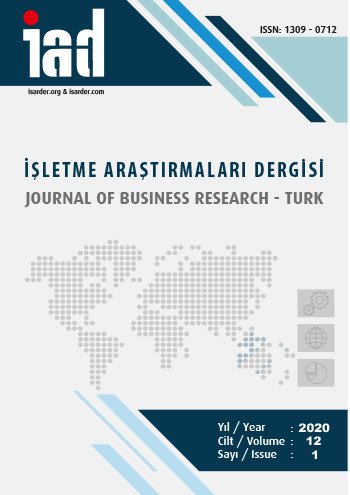Etkileşimsel Adaletin Çalışanların Seslilik Davranışı Üzerine Etkisi: Negatif Duyguların Aracılık Rolü
Keywords:
Interactional justice, Employee voice behavior, Negative emotionsAbstract
Purpose – The aim of this study is to investigate the effect of interactional justice on employee voice and the mediating role of negative emotions on this effect. Design/methodology/approach – The data of the study were collected from 391 employees in the banking sector by using convenience sampling method and survey technique. Data were analyzed by quantitative analysis methods. Findings – The results of the study revealed that interactional justice increased the employee voice behavior and negative emotions such as anger and fear had a partly mediated role on this relationship. However, interactional justice weakened negative emotions such as fear and anger, and negative emotions reduced employee voice behaviors. Discussion – Negative emotions such as fear and anger had a mediating role on the positive effect of interactional justice on voice behavior. The results showed that the perception of interactional justice is an important managerial factor for managers to manage employee voice behavior in organizations.
Downloads
Published
How to Cite
Issue
Section
License

This work is licensed under a Creative Commons Attribution-NoDerivatives 4.0 International License.





